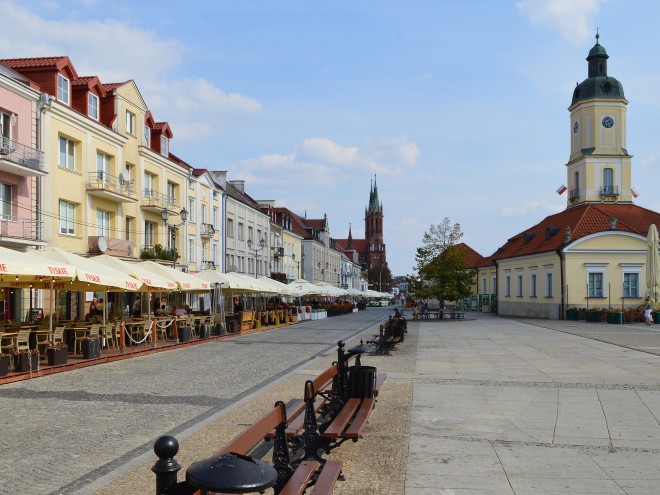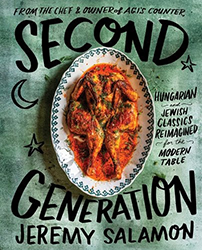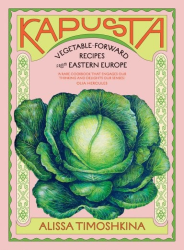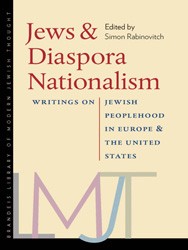The American-born, Berlin-based writer Laurel Kratochvila has crafted a visual feast of a second cookbook in Dobre Dobre, which features over 120 recipes for baked goods from Poland and beyond. The title translates into “good good,” a sentiment that is usually accompanied by the comment “not too sweet” — the ultimate endorsement for a dessert in Poland.
The cookbook is divided into six sections, from breads and cakes to meringues and toppings, everything from the savory onion-filled bialys and potato-rye bread chleb prądnicki (sometimes weighing more than thirty pounds!) to the standout saffron and orange bundt featured on the cover of the book. It comes as close as any one cookbook could to cataloguing the entirety of Polish baking, while extending its reach to feature recipes from Polish descendants and the diaspora from Thailand to the UK.
Many recipes will be familiar to American readers, such as New York bagels or potato knish, but there are also those that feel more uniquely Polish — less-sweet desserts, certainly, as well as those that feature rose petals, bilberries, and sour cherries. Dobre Dobre has accomplished the feat of making the recipes look absolutely mouthwatering while still feeling approachable for the average home baker; a large part of that is likely attributable to the gorgeous sunlit photography by Małgosia Minta, as well as the inviting page design — black, red and white, like something from a Soviet movie poster.
Kratochvila, who was a 2023 finalist for the James Beard Award, owns the Fine Bagels bakery in Berlin, but her journey to Europe was not a straight line. At twenty-three, she moved to Prague before later training in France, and has now lived in Central Europe for close to twenty years. Her maternal ancestors were Jews from Polish Russia, and the book does not shy away from the complicated relationship that Poland has had with its Jewish population. Today, there are few Jewish bakers in the country, but Kratochvila notes that before World War II, up to half of the bakeries in Poland had been Jewish-owned, despite the fact that the residents made up only about 10% of the overall population — a result of the “ghettoisation of Jews into limited professions.”
Today, Jewish baked goods in Poland can seem sadly divorced from their origins, but at the same time, they are omnipresent, sometimes just known by another name — during her first visit to Poland, Kratochvila describes seeing golden loaves in a bakery and crying out “challah!”; the shopkeeper corrects her that they are chałka, but the author bites into the bread and it is largely the same as the challah she had eaten at home in Boston. The connection between Jewish and Polish baking can be felt throughout the country, with the author noting, “rugelach, onion breads, apple cakes — everyone makes them, so what belongs to whom?”





